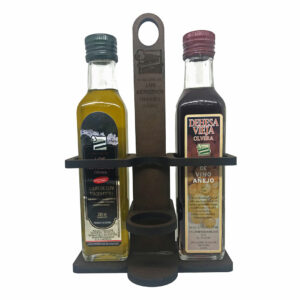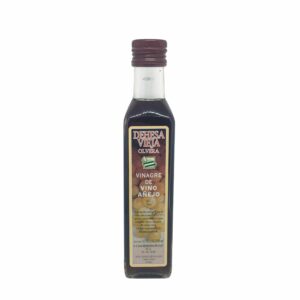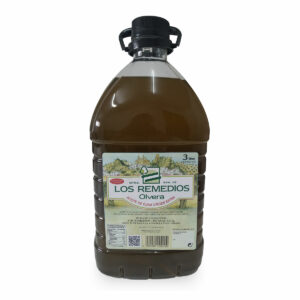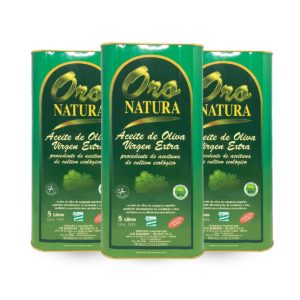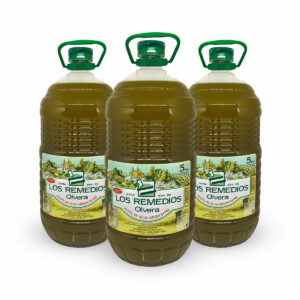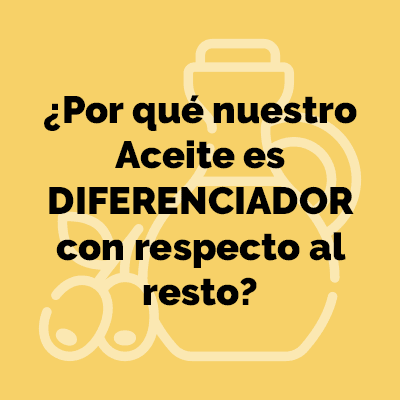ANDALUCIA IS THE AUTONOMY WITH THE MOST REQUESTS AND CASTILLA Y LEON THE FIRST IN SURFACE
The Spanish Agrarian Guarantee Fund (COWARDLY) has received from the autonomous communities a total of 745.317 unique applications for direct aid from the CAP -campaign 2017/2018-, which have 21.354.900,95 hectares, with "data still provisional". El FEGA, dependent on the Ministry of Agriculture, need that, "It should be noted that with respect to the year 2016 the number of applicants for direct CAP aid has decreased by 49,480, while the number of hectares declared has increased slightly ".
In relation to the number of applications for direct aid from the CAP, Andalusia, with 241.316, is the region that has collected the most; they are followed by Castilla-La Mancha (125.091), Castile and Leon (73.340), Valencian Community (61.852), Estremadura (55.740), Catalonia (47.139), Aragon (44.154), Galicia (30.070), Navarra (13.509) and Murcia (12.182).
Regarding the number of hectares declared to receive these agricultural aid, Castilla y León is the first (a surface 4,72 million ha), ahead of Andalusia (4,25 million ha), Castilla la Mancha (4,10 million ha), Estremadura (2,67 million ha) and Aragon (1,95 million ha).
El FEGA details, Likewise, the hectares declared broken down according to the exploitation system (rainfed / irrigated), by diet and crop; distinguishes for these purposes three sections: areas of the basic payment scheme, surfaces from other direct aid schemes and other unaided surfaces.

